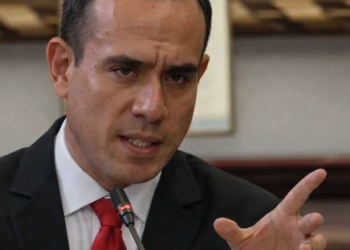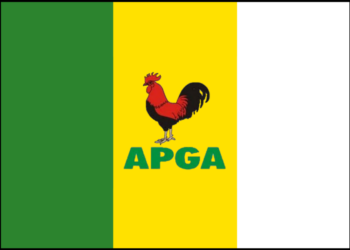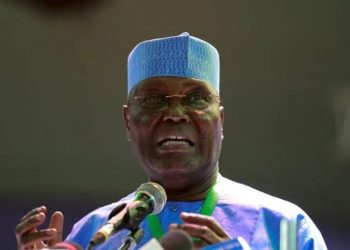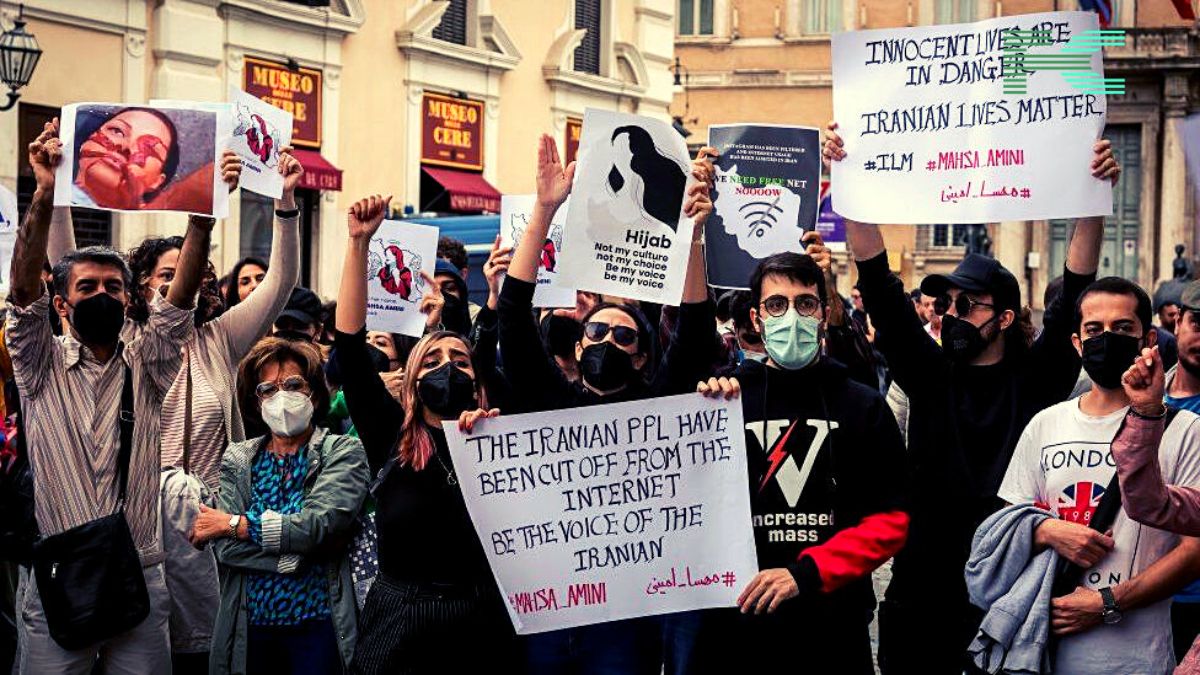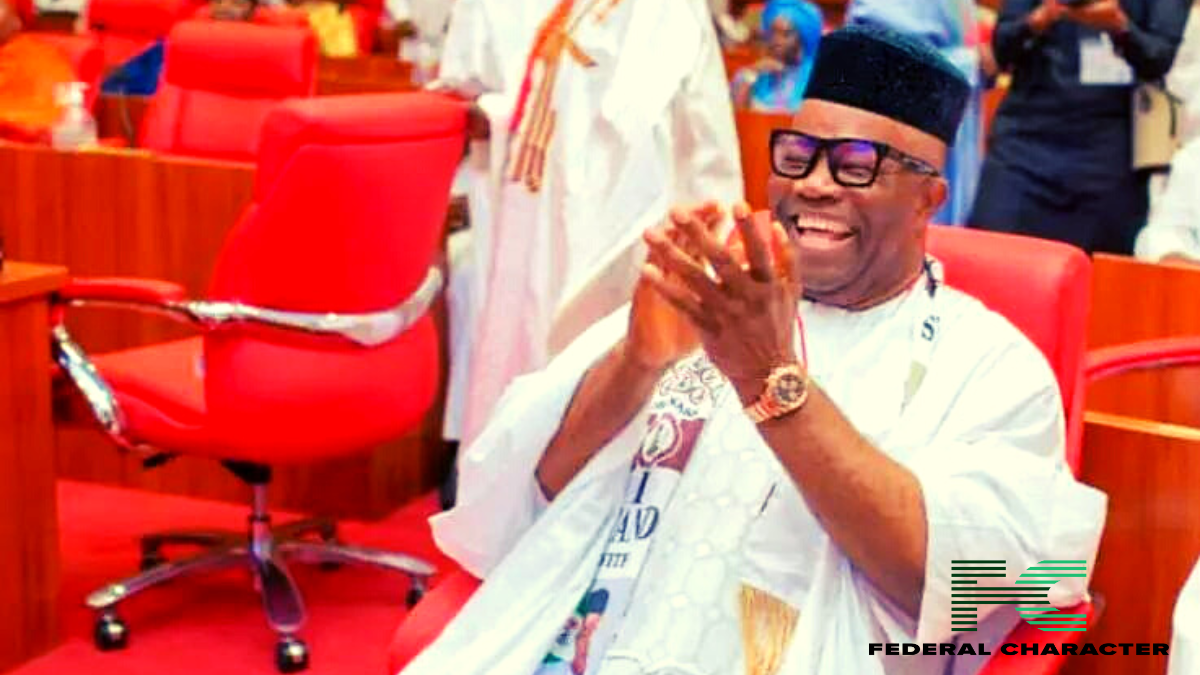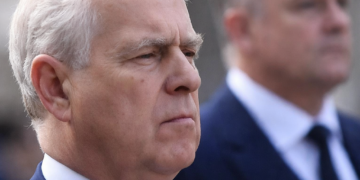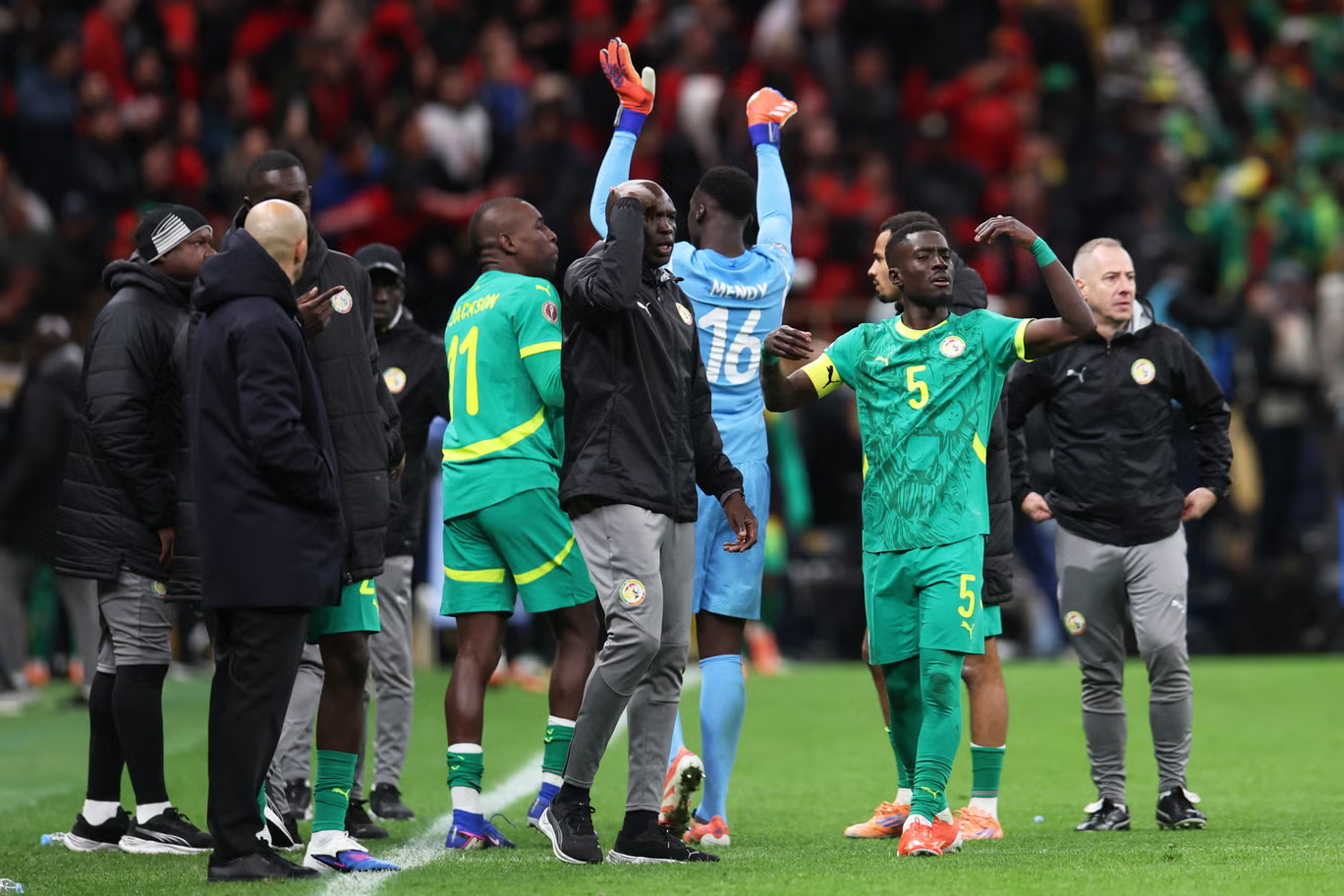Daniel Bwala, Tinubu’s spokesman on policy communication, has managed to confuse half of Nigeria in less than 24 hours. One moment, Lagos is “no man’s land.” The next moment, Lagos is “Yoruba land.” So which one is it, confused or correct?
Bwala’s first shot – Lagos is no man’s land
On live television, Bwala called Lagos a no man’s land and the pride of Nigeria’s economy. He said the city is so cosmopolitan that even the richest men in the country, who are not Yoruba, have their businesses there. He argued that the trillions of naira in federal projects Lagos has received are justified because Lagos is Nigeria’s commercial heartbeat.
For him, investing in Lagos is like investing in New York or London. It’s a hub. It’s the country’s pride. It belongs to everyone. That was his message on Arise TV.

The quick U-turn – Lagos belongs to Yoruba
But by evening, Bwala was singing another song. He said people misquoted him. According to his “clarification,” Lagos is Yoruba land culturally, historically, and constitutionally. He insisted that was never in dispute. His new point was that Lagos welcomes all Nigerians, but its Yoruba heritage cannot be erased.
So now Lagos is not “no man’s land” but a Yoruba homeland with a cosmopolitan identity. In one day, Bwala went from one extreme to the other.
Confused or correct?
This is where the problem lies. How do you call Lagos “no man’s land” in the morning and then turn around in the evening to call it “Yoruba land”? That is why many are asking
His back-and-forth only fuels the debate that has never truly gone away. Lagos is the commercial capital of Nigeria. Every tribe has a stake there. But it also has a deep Yoruba history that nobody can deny. Instead of calming the matter, Bwala’s double talk has thrown petrol on an old fire.
Why this matters
Words matter, especially when they come from a presidential aide. Calling Lagos “no man’s land” is not just a casual statement. It touches raw nerves of identity, ownership, and politics. His later “clarification” does not erase what people heard in the morning. In fact, it makes it look like he is unsure of his own argument.
If he meant Lagos is for all Nigerians economically, he should have stuck with that line. If he meant Lagos is Yoruba land with open doors, he should have been clear from the start. Instead, Nigerians are left wondering if this is just confusion or a deliberate test of public opinion.
Final word
At the end of the day, Lagos remains both, Yoruba land by history, and Nigeria’s hub by economy. But Bwala’s shaky explanation has created more drama than clarity. Politicians must learn that careless words can ignite unnecessary debates.

